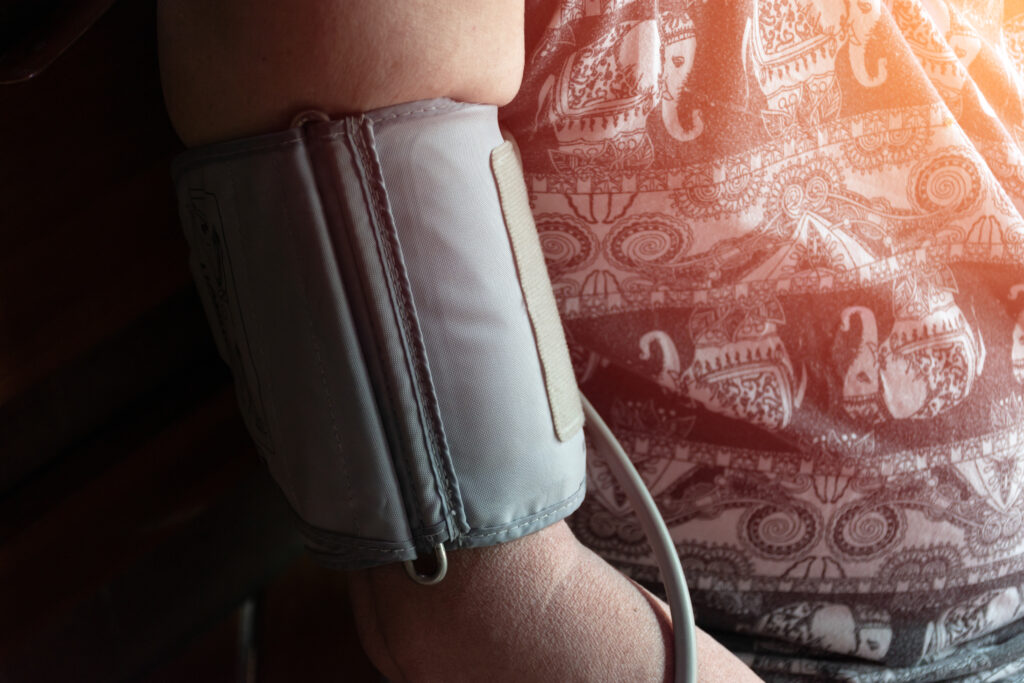Are you aware that your blood pressure can spike at night, leading to a condition known as nocturnal hypertension? This phenomenon, often overlooked, can have serious health implications if not managed effectively. Our latest article delves into the causes of nighttime blood pressure spikes. It provides actionable advice on adjusting treatment plans for nocturnal hypertension.
Nocturnal hypertension is not just a nighttime issue. It’s a silent killer that can lead to heart failure, stroke, and kidney disease. Factors such as sleep apnea, kidney disease, diabetes, and even lifestyle habits like high salt intake and stress can contribute to this condition.
These advancements provide real-time data, enabling better patient monitoring and prompt adjustment of treatment plans.
We also discuss the importance of lifestyle changes and the timing of medication in managing hypertension. Our article provides insights into the latest research and strategies for managing nocturnal hypertension. It includes the potential benefits of evening dosing of medication.
Nocturnal hypertension affects a significant portion of the population, with studies suggesting a prevalence of 40-60%. This condition is particularly concerning because it often goes undetected, as blood pressure measurements are typically taken during the day. The risks associated with nocturnal hypertension are substantial. They include an increased likelihood of cardiovascular diseases such as stroke and heart failure.
Why read this article? Firstly, it’s a comprehensive guide to understanding and managing a health issue of high blood pressure at night. It can be affecting you or your loved ones. Secondly, it’s a resource that combines the latest research, practical advice, and technological advancements in one place. So, if you’re interested in learning more about nocturnal hypertension, its causes, and how to manage it, don’t miss out on this article.






